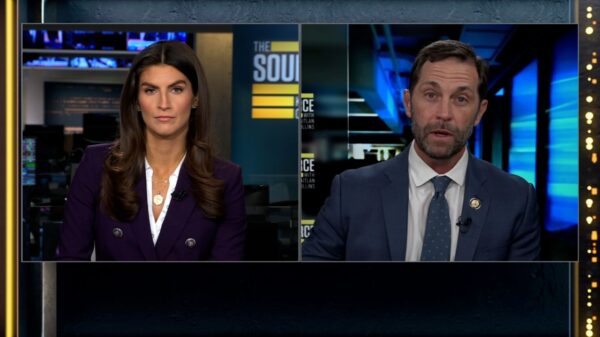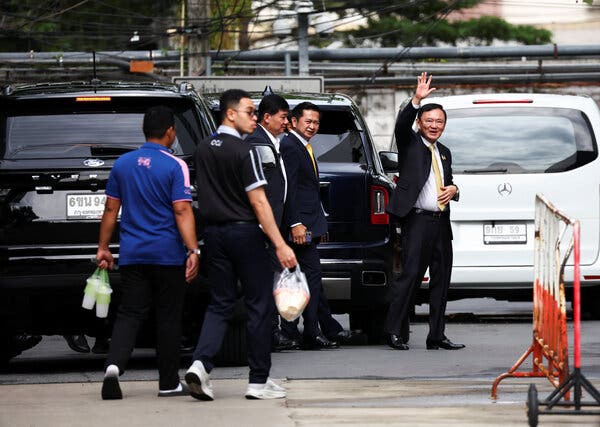A Thai court is expected to deliver a verdict on March 15, 2024, in the high-profile royal defamation case against former Prime Minister Thaksin Shinawatra. The ruling could have significant implications for Thailand’s political landscape. Mr. Thaksin, now 76, faces allegations of insulting the Thai monarchy, with a potential sentence of up to 15 years in prison if convicted.
The charges against Mr. Thaksin are perceived as highly politicized, reflecting a long-standing power struggle between him and the royalist-military establishment. He is the most prominent figure to be prosecuted under Thailand’s strict royal defamation law, which has a reputation for stifling dissent. In anticipation of the court’s decision, dozens of Mr. Thaksin’s supporters gathered outside the Criminal Court in Bangkok, dressed in his party’s colors.
Mr. Thaksin, a former telecom billionaire, first rose to prominence in Thai politics when he was elected prime minister in 2001 on a platform of populist policies that resonated with rural voters. His tenure was cut short in a military coup in 2006, prompting him to flee the country. Despite his absence, political parties affiliated with Mr. Thaksin consistently garnered the highest number of votes in national elections. This trend ended in 2023 with the emergence of the progressive Move Forward Party.
In a dramatic turn, Mr. Thaksin returned to Thailand in 2023, a move interpreted by many as a strategic agreement with the established elite to prevent the Move Forward Party from taking power. Following his return, the Pheu Thai Party, which he founded, formed the new government. Notably, the king granted him a royal pardon for previous convictions related to corruption and abuse of power, allowing him to avoid serving eight years in prison.
Despite this reprieve, Mr. Thaksin was indicted on defamation charges in June 2023, a development viewed by analysts as indicative of the establishment’s continued influence over him. Additionally, he faces separate charges under the Computer Crime Act due to an interview he gave to the South Korean newspaper Chosun Ilbo, in which he alleged that a “palace circle” orchestrated the coup against his sister, Yingluck Shinawatra, who served as prime minister from 2011 until her ousting in 2014.
The legal challenges do not stop with Thaksin. His daughter, Paetongtarn Shinawatra, has recently been suspended from her role as prime minister by the court and may face a political ban. Furthermore, Mr. Thaksin’s recent six-month stay in a V.I.P. hospital suite has drawn criticism, with detractors claiming it allowed him to evade incarceration.
As the court prepares to announce its verdict, the implications of this case extend beyond Mr. Thaksin himself. The outcome may influence Thailand’s political dynamics and the ongoing contention between populist forces and the entrenched royalist establishment, shaping the nation’s future.







































































